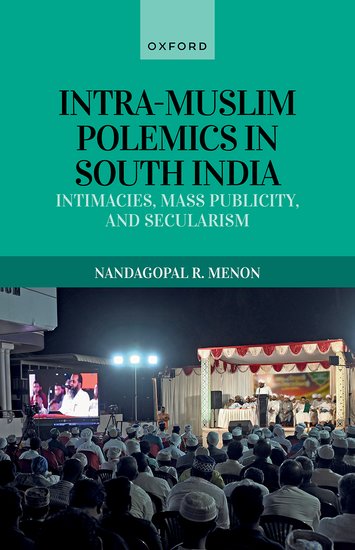The National Law school of India University (NLSIU), ILS Law College Pune and the University of Leeds, UK, are organizing a Workshop for Pedestrians on Street Accessibility, “Pedestrians with Disabilities: From Barriers to Awareness” under the Inclusive Public Space Project, in Pune.
This event will be conducted by a team of the Inclusive Public Space (IPS) Research Project to present emerging findings from the Inclusive Public Space, to generate feedback and for raising awareness amongst Pedestrians about the Accessibility. Learn more from the project website.
Prof. Anna Lawson, from the University of Leeds is the principal investigator of this project. NLS Faculty, Prof. Sanjay Jain, is the country advisor for the project. NLSIU is the collaborating partner in India, along with the University of Leeds, UK. ILS Law School Pune, is a former partner on this project and is co-organizing this workshop along with NLSIU and the University of Leeds.
This workshop is being organized on Saturday, August 17, 2024, at 11:00 p.m.
Please note: Only the online session from 2:30 pm to 4:30 pm is open to the public. The link to join the session is available here.
About the Inclusive Public Space (IPS) Project
The Inclusive Public Space project investigates the social justice problems caused by city streets which exclude some pedestrians – particularly pedestrians whose circumstances mean that they do not meet general expectations about mobility or ability. The Project aims to deepen understanding of what aspects of streets are experienced as exclusionary and by whom, how these problems affect the lives of the people concerned, and how effectively law and politics are responding to problems caused by inaccessible or difficult streets. It also aims to increase shared concern about these social justice problems and to raise awareness of how law and politics can be used to challenge them.
Geographical Focus
The problems with which the Inclusive Public Space project is concerned are relevant to all countries. The particular focus however will be on five countries – India, Kenya, the Netherlands, the United Kingdom and the United States of America. In each of these countries, there will be case studies of two cities – in the UK, Leeds and Glasgow; in India, Delhi and Pune; in Kenya, Nairobi and Mombasa; in the US, Syracuse (New York) and Atlanta (Georgia) and in the Netherlands, Utrecht and Almere.
In all the afore mentioned countries, the field work has been completed. In India, Pune is one of the cities covered under this project, therefore this workshop is being organised to engage with pedestrians and stakeholders.
Methods
The project takes a transdisciplinary, comparative and participatory action research approach. For the first phase of fieldwork (up to end of 2021) no research participant will need to leave their home in order to take part – although they will be able to choose to assist with or feature in filming of difficult streets. The methods include interviews, focus groups, story-telling, films of street journeys selected by participants, and surveys. Find out more about how the team will work with pedestrians, stakeholders and the public here.
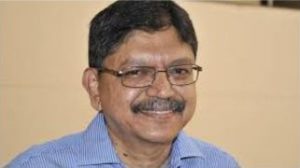 Key Resource Person:
Key Resource Person:
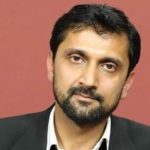 About the speaker
About the speaker About the Speaker
About the Speaker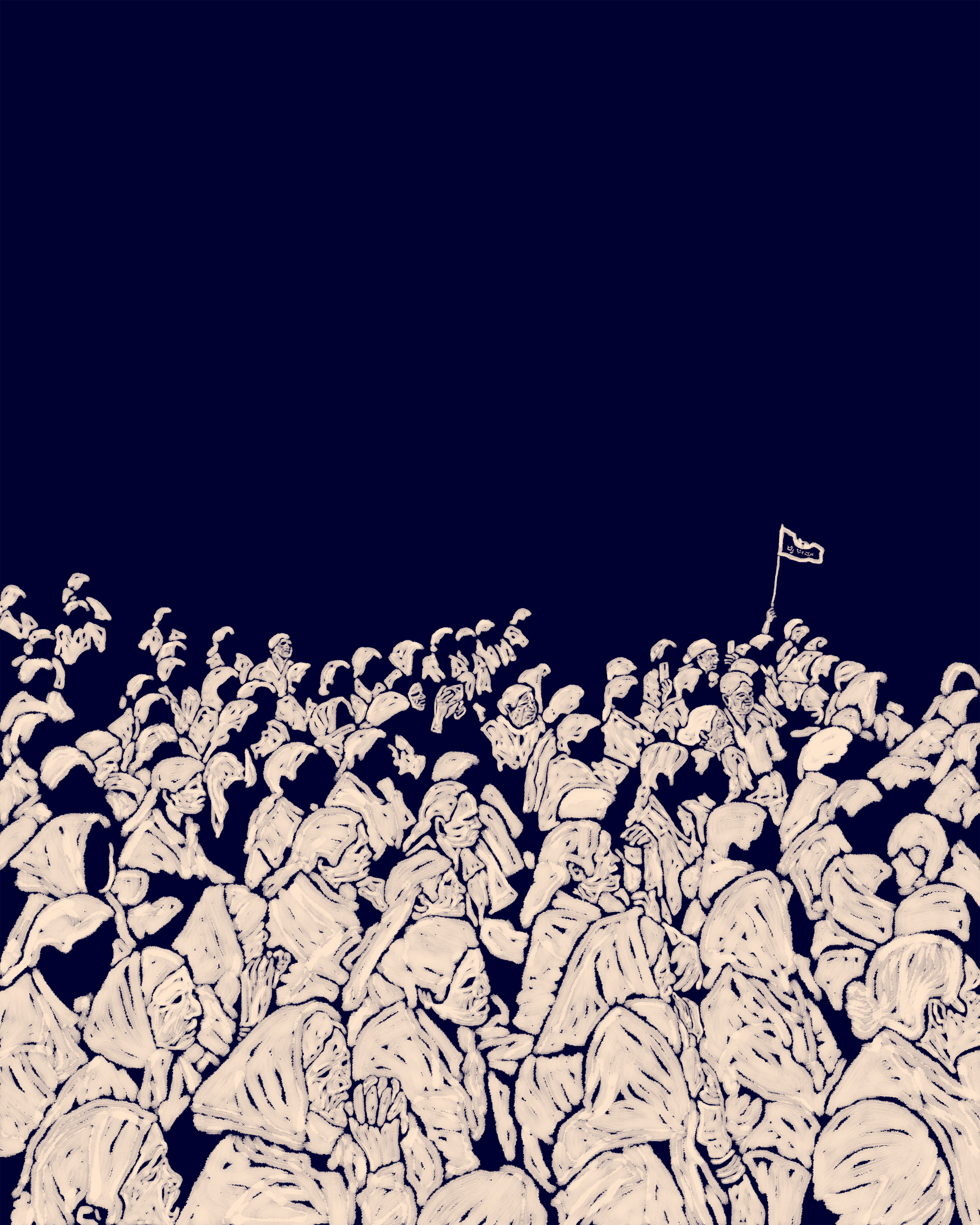
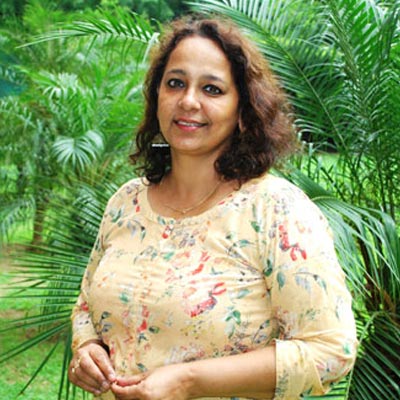 Nikita Sarah
Nikita Sarah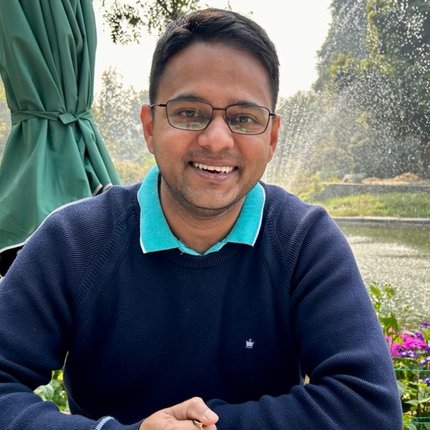 Subhojit Goswami
Subhojit Goswami